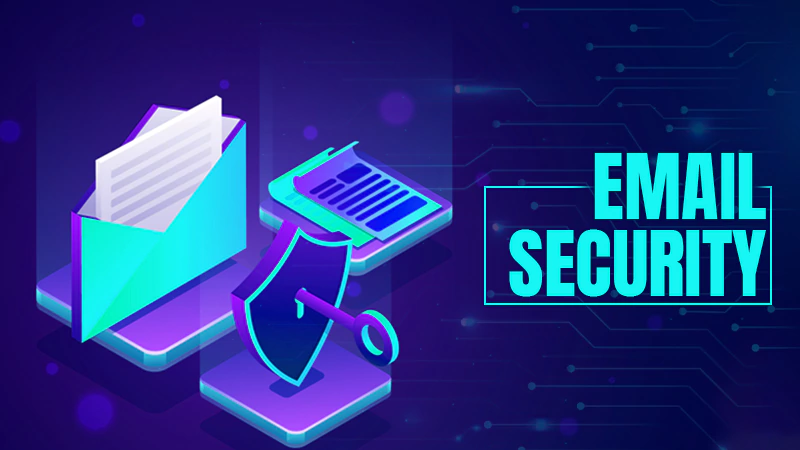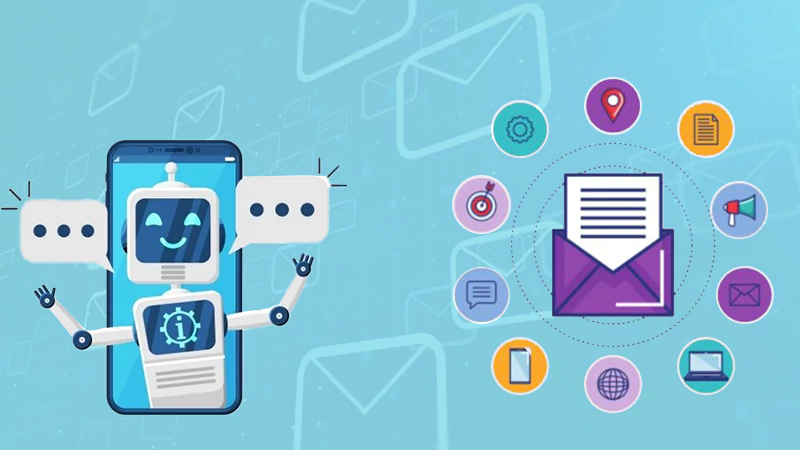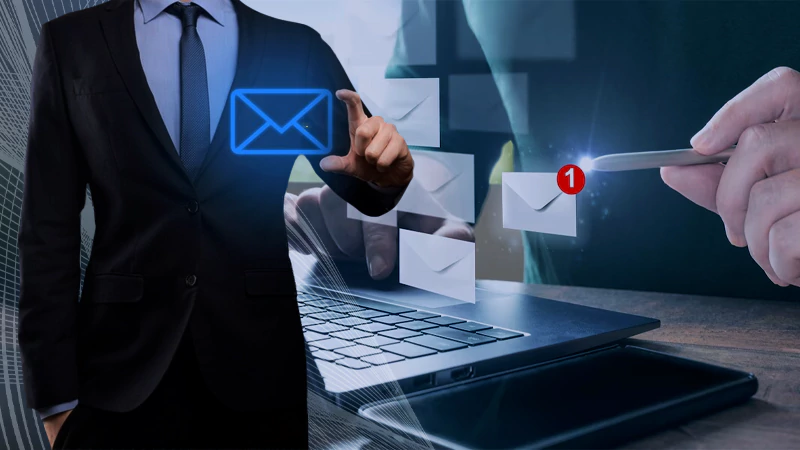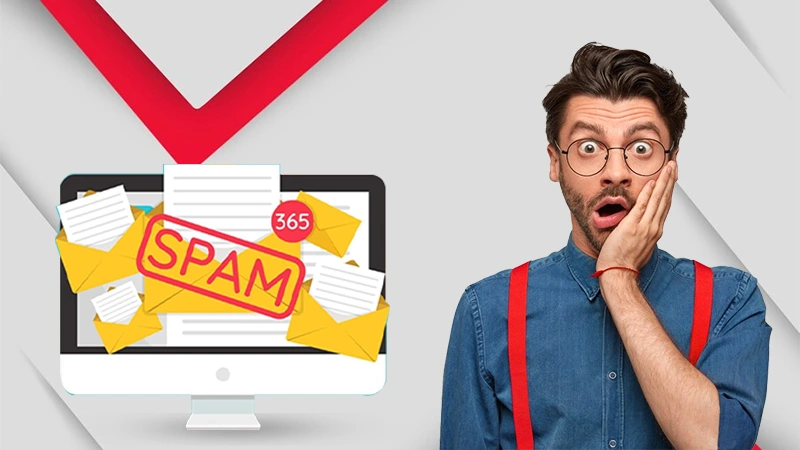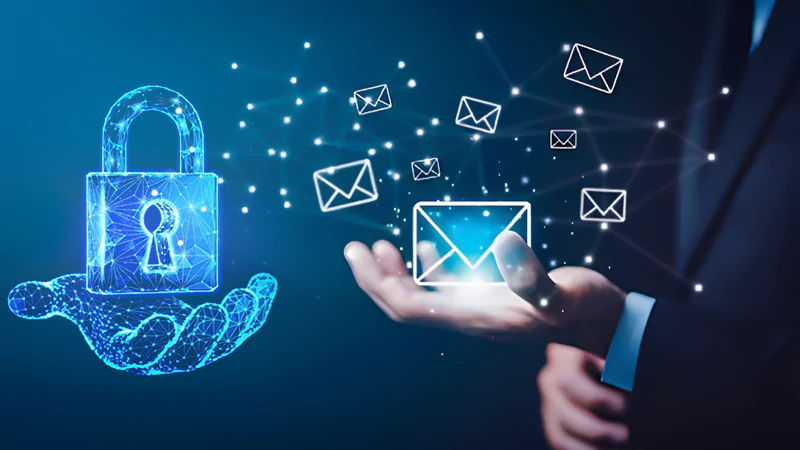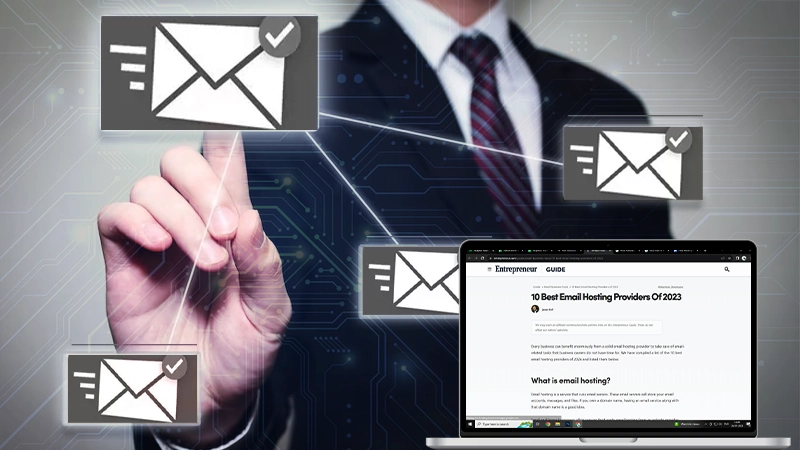Enhancing Email Security Safeguarding Your Inbox in 2024
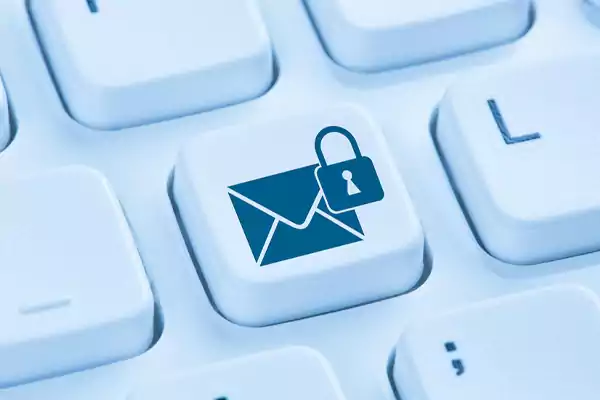
Key Takeaways
- Email Security includes protection against phishing, spam, viruses, and breaches.
- A few methods for securing mail consist of using strong passwords, VPN, backing up important data, and much more.
- Training employees about cybersecurity practices can also help prevent scamming.
- It is vital to hold security measures to protect your mailing lists.
Email Security is very essential for global businesses. It is understood that phishing attacks pose a significant threat that accounts for 80% of reported security incidents.
Considering Statistics, these attacks result in estimated losses of $17,700 per minute. You might have encountered incidents when you are not able to send or receive messages. To protect against these risks is why webmail emails go to spam, but detecting all scams is not possible and some may still arrive in your inbox.
To minimize these potential risks, you need to implement a few top practices to secure your email.
How to Secure Email?
To secure your email, you can deploy methods such as strong passwords, 2FA, regular backup files, encrypted connections, and much more. It is important to secure your emails by implementing the right tactics that are compatible with your current devices and advanced enough to completely secure your emails.
Just like you can create a business email and make it more professional, you can make changes to your email and make it more secure. Here are a few tips that can help you secure your emails are as follows:-
Download with Caution
It is an undoubted fact that computer attachments can harbor many computer viruses and malware that are the prime targets of scammers. Besides this, authentic institutions usually direct their users to download files from their websites apart from sending unsolicited emails with attachments.
So, if you want to stay safe, try avoiding opening attachments unless you are sure that they are legitimate.
Use Strong Password
Although there are so many individuals who are aware of the significance of strong password policies, bad password practices are still widespread. In fact, according to Forbes, Microsoft found that 44 billion accounts are reusing the same password credentials, which may pose a risk to your safety.
Use a VPN
To ensure your email safety, you need to have a VPN. This is because you can encrypt your data in transit. If not, someone may intercept them and use them against you. You can try to use a VPN for Safari or your other browsers that are compatible and advanced enough to protect you.
Backup Important Data
However, it is important to note doing everything correctly doesn’t guarantee that you are completely protected against phishing scams. So we advise you to consider investing in data backup management software that automates the backup processes in case you get into any misfortunes.
Embrace Multi-Factor Authentication (MFA)
The MFA helps to double the protection and ensures peace of mind, so try to employ safe methods for your processes to auto-forward email in Outlook. If they don’t open dangerous attachments or click on suspicious links, they will be able to prevent email risks. For this, you can stay cautious of emails that are especially sent by unfamiliar senders with no familiar subject line and unexpected attachments that could be phishing attacks.
A few practices that you can implement to avoid being trapped in these attacks:-
- As an employee, you need to avoid sharing sensitive information via email, like financial details or usernames and passwords.
- Training to use password managers should also be included in the training programs.
- Training your employees can also be done through company-wide sessions, personalized sessions for executives, or other security awareness tools.
These practices can help you to train employees effectively and save your organization from unwanted phishing attacks.
Add an Extra Layer with Email Encryption
If you want to scramble your messages, that makes them unreadable to anyone except the recipient. In such scenarios, you can look for service providers that have the potential to offer you end-to-end encryption.
Apart from this, you can consider using add-ons and plugins for encryption services. For instance, VPN Microsoft Edge can help you to have added encryption.
Train Employees
You will have to make sure that your employees are properly trained in good cybersecurity practices, including identifying red flags for phishing attacks. Along with this, the more your employees know about email security, the less likely they will be scammed.
Try to employ safe methods for your processes to auto-forward email in Outlook. If they don’t open dangerous attachments or click on suspicious links, they will be able to prevent email risks. For this, you can stay cautious of emails that are especially sent by unfamiliar senders with no familiar subject line and unexpected attachments that could be phishing attacks.
A few practices that you can implement to avoid being trapped in these attacks:-
- As an employee, you need to avoid sharing sensitive information via email, like financial details or usernames and passwords.
- Training to use password managers should also be included in the training programs.
- Training your employees can also be done through company-wide sessions, personalized sessions for executives, or other security awareness tools.
These practices can help you to train employees effectively and save your organization from unwanted phishing attacks.
Block Spam and Unwanted Senders
Sometimes, there are so many senders you’d rather not see in your inbox-from pesky spam newsletters to persistent salespeople. But, with the help of good quality mail providers, it is only a matter of a few seconds to block them, and you won’t get disturbed by them.
The block applies to all the platforms you can use this spam and block lists to customize your existing filters for even more control.
Final Verdict
Businesses need to protect themselves from cyber threats, otherwise, there is a risk for them to become a victim of these hackers. Because every such attack can greatly damage your company data.
Especially, when it comes to financial data – the mailing lists and customer details are at stake. So, it’s important to uphold the utmost security measures and ensure that you won’t regret it later.
FAQs
Ans: Email security refers to a system of solutions that are designed to keep email accounts safe and avoid any compromises.
Ans: The primary risk is phishing attacks. In these, criminals send emails with malicious links or attachments and when a target interacts with it, it led them to a funnel that is designed to steal sensitive information or start malware installations.
Ans: The best practices include; avoiding interaction with suspicious emails, instant reporting of suspicious emails, confirming the legitimacy of emails from your known list or colleagues, and much more.

